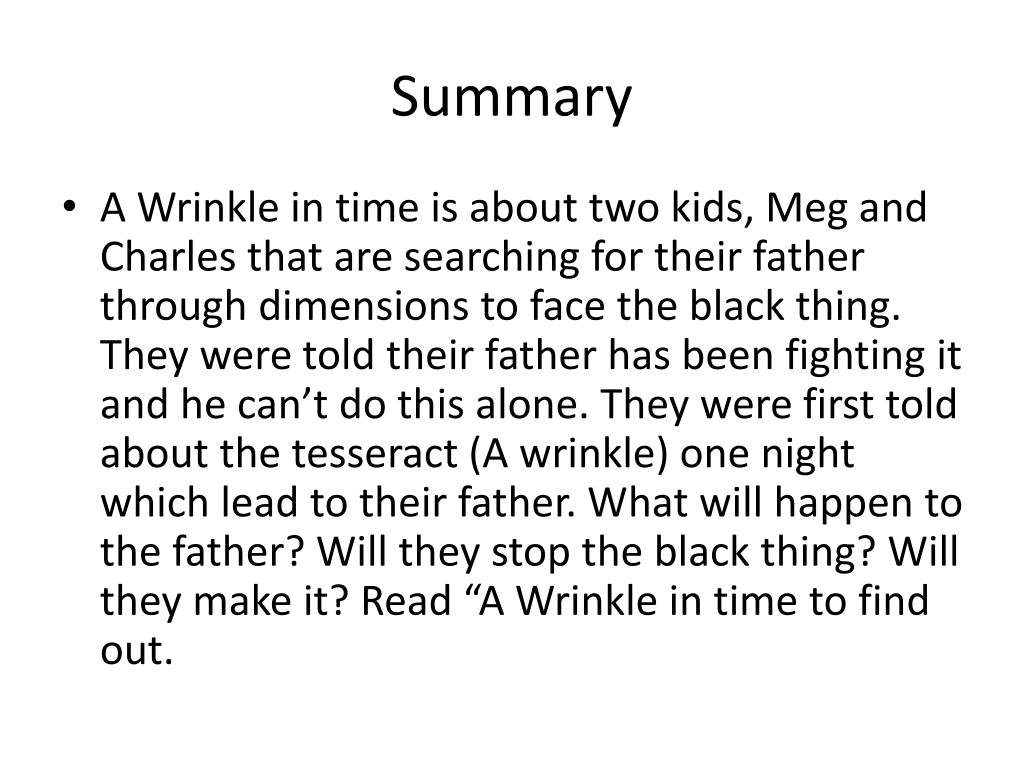

The Jews have nothing to eat but snow, and people die left and right. The survivors of the march are kept without food and water for several days, more are separated from the rest to be killed, and the remaining prisoners are crammed onto trains in open-roofed cattle cars. Upon arriving at Buna, a young Jewish violinist plays pieces of a Beethoven concerto.

People die continuously along the way as the SS forces them to run for hours and hours in the snow, shooting people who fall behind. With the front lines of the war getting closer, the prisoners at Buna are evacuated on a long, nightmare death march to a camp called Gleiwitz. After being forced to witness the slow hanging death of a child, he ceases to believe in God, altogether. While at Buna, Eliezer continues to rebel against the idea of a just God. Eliezer has a scare when his father is chosen, but his father manages to convince someone that he can still work. The SS doctor appears again to weed out another batch of people for the furnaces. Their Kapo (the prisoner conscripted to wield power over other prisoners) occasionally goes berserk and beats people, including Eliezer and his father. Here, Eliezer and his father spend their days working in an electrical equipment warehouse. They spend three weeks at Auschwitz before marching to another concentration camp, Buna. They are told they must work or they will be burned in the crematoria. All the prisoners are tattooed with a number, and this becomes their identity. More separations occur, but Eliezer and his father stay together. Eliezer's faith in a just God is shattered. That first night in the camp, he witnesses babies and children thrown into a great fire in a burning ditch. A Nazi SS doctor separates those who are going to be killed immediately from those who will work. The women are immediately separated from the men, and Eliezer never sees his mother or his younger sister again (they are immediately sent to the gas chamber). The train arrives at Birkenau, the gateway to the Auschwitz concentration camp, where the passengers can see chimneys belching fire and can smell burned flesh. The Jews travel on the train for several days, during which time one Jewish woman goes mad and screams about fire. Next, they force the Jews like cattle onto trains headed to an unknown destination. Soon, the Hungarian police round the Jews up into two ghettoes. Before long, German officers are living in Sighet and then arresting the Jewish leaders of the town. The Fascists come to power in Hungary and German soldiers enter the country. Eliezer wants his father to relocate the family to Palestine, but his father says he's too old to start again. In 1944, the Jews of Sighet still don't really believe Hitler intends to exterminate them. The Jews of the town can't believe what Moché is saying, and think he's gone mad.

Moché escaped with a leg wound and has come to warn the Jews of Sighet to leave. When the Hungarian police deport all of the foreign Jews, Moché is sent away, but he returns with a terrible and fantastic tale: the Gestapo stopped the train and slaughtered the deported Jews. Eliezer begins to study the Cabbala, the book of Jewish mysticism, with an immigrant named Moché the Beadle. His parents and sisters run a shop in the town, and his father is highly respected in the Jewish community. He's deeply religious and spends much of his time studying the Torah (the Bible) and the Talmud and praying. At the start of the memoir, it's 1941 and Eliezer is a twelve-year-old Jewish boy in the Hungarian town of Sighet.


 0 kommentar(er)
0 kommentar(er)
